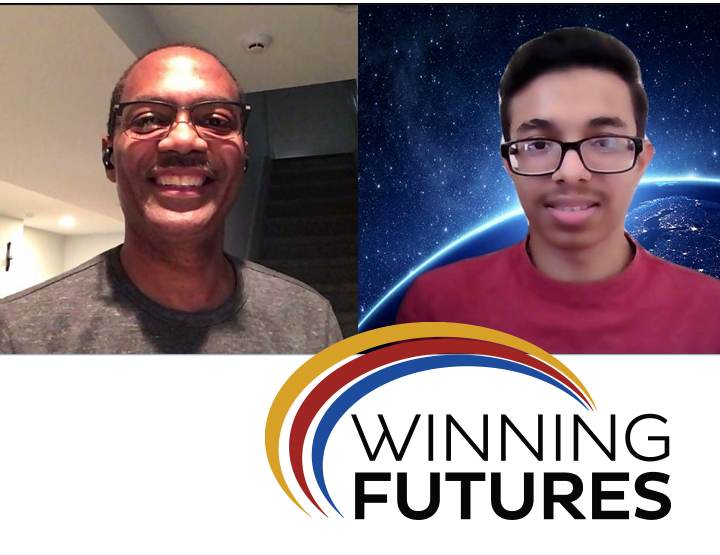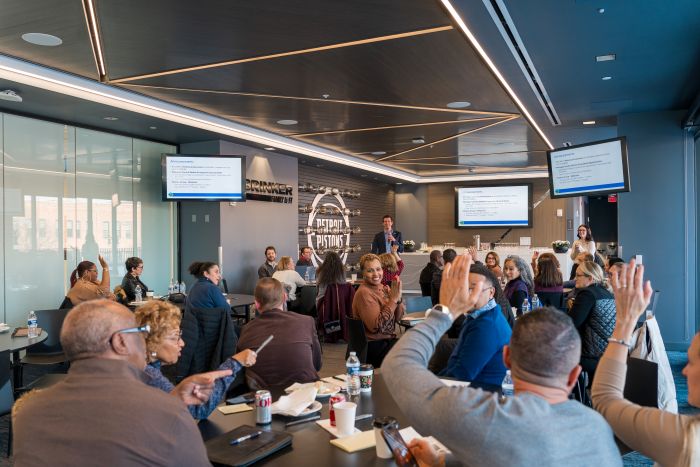
Read Part II of this series: What it means to be a mentor
Read Part III of this series: Mentorship program enables success for Adib
Throughout the past two years, high-school junior, Adib, has received guidance, support, and friendship from his mentor, Benny. The pair participates in Winning Futures, a multi-year workforce preparation mentoring program for high school students. Along their journey together, they have bonded and inspired one another as they look towards Adib’s rich future.
Their progress had been steady and consistent. Over time, Benny has helped Adib with communication skills and confidence, making significant strides in a short amount of time. Through in-person programming, Winning Futures helps at-risk students navigate their high school years to find meaningful career paths that create upward mobility.
Unfortunately, the 2020-2021 school year presented pandemic related challenges to Benny, Adib, and the rest of Winning Futures mentorship pairs; challenges that could have potentially halted progress and programming.
“Our students have great potential, however, many deal with obstacles from living in poverty or being a first-generation college-goer,” said Kris Marshall, president and CEO, Winning Futures. “In general, our students need resources to secure and maintain a meaningful career path; the pandemic complicated this even further. If we did not figure out a solution, there was potential for long-term impact on these kids as it relates to future jobs and opportunities, even ultimately the earning capacity of these students.”
Thankfully, The Children’s Foundation supported Winning Futures with a $50,000 grant which enabled the development of a virtual program and integration of these new components. The new program was designed based on evidence-based curriculum, best practices in virtual mentoring, and input from students, mentors, and educators. As a result, Adib and Benny could get back to work.
In the new format, Benny, Adib and other participants connect virtually once per month after viewing a short video presentation on important topics such as continuing education, perseverance, mental health and others. Pairs meet for 45 minutes and follow up with touchpoints via email, text and phone to check on grades, assignments or other challenges the student may be facing.
“The virtual program has brought students emotional support and practical guidance throughout these trying times,” said Marshall. “We have heard that pairs feel much more connected, and the flow of communication still feels natural.”
As Adib looks toward graduation, this year and next will be critical to Adib’s success and he is thankful to continue his journey of growth under Benny’s guidance. Follow along with us as we engage this pair, learning more about their relationship and how Winning Futures virtual programming is navigating the pandemic, continuing to enable success through mentorship.



